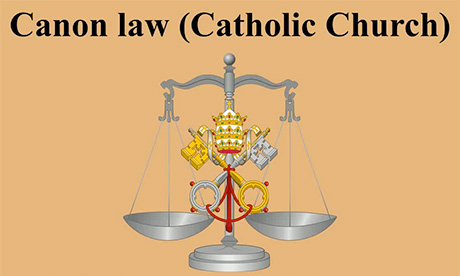A change in canon law will make it easier for a religious order to dismiss a member who leaves the community without permission, stays away and does not communicate with his or her superior.
Pope Francis amended the Code of Canon Law in a document entitled “Communis Vita” (Community Life). The amendment now includes an almost automatic dismissal of religious who are absent without authorization from their community for at least 12 months.
The change will come into effect on 10 April 10.
It is not retroactive, Archbishop Jose Rodriguez Carballo, secretary of the Congregation for Institutes of Consecrated Life and Societies of Apostolic Life says.
At present, Canon 694 of the Code of Canon Law says “a member must be held as ipso facto dismissed from an institute” if they have “defected notoriously from the Catholic faith” or have married or attempted to marry.
Francis’s new clause will add to the canon, to include the automatic dismissal of a member of an order who is “illegitimately absent” from the community for 12 uninterrupted months and is unreachable.
In these cases, the superior and the council of the order will have to draw up a declaration of the facts and submit it to the Holy See for institutes of pontifical rite or to the local bishop for institutes of diocesan rite.
“Community life is an essential element of religious life and ‘religious are to live in their own religious house and are not to be absent from it except with the permission of their superior,’” Francis wrote, quoting canon 665.
He continued, saying: “experience in the last few years has demonstrated that there are situations” where members of orders leave the community they are assigned to, withdrawing from obedience to their superior and making it impossible for the order to contact him or her.
“After six months of such an absence, the Code of Canon Law instructed and continues to instruct superiors to do everything they can to find the person to help them “return to and persevere in his or her vocation.”
Rodriguez says most cases of prolonged absence involve religious who were given temporary permission to leave, but didn’t return.
He points out that unless these religious requested a dispensation from their vows or were dismissed, they are legally still part of the order, he said.
“In such a condition, not being legitimately separated, they can find themselves in situations incompatible with religious life or can demonstrate behavior in contrast with it.”
In addition, he says their life outside the community could have implications of “an economic nature that could harm the institute,” which is why the church needed a process for the order to initiate the dismissal.
Source
- Catholic Philly
- La Croix
- Image: YouTube
